Roots written by Oliver Chong was presented by PAT in the 2018 Auckland Fringe at Uxbridge Arts Centre in Howick and Q Theatre in central city.
Starring Amanda Grace Leo, directed by Chye-Ling Huang and original design by The Finger Players, Chye-Ling Huang, Tom Dennison (sound) and TFP's set design took out Best Set Design in the fringe Awards.
125 kgs of rice raked perfectly into a square across the stage, a cymbal with a mic and loop pedal and a humble broom created shapes taking us through the journey of one woman finding her roots in China from Singaporean diaspora.
Photos: Julie Zhu Photography
Congrats to all the winners and happy fringe! Read Scoop's roundup below:
Auckland Fringe Closes with the Fringe Awards
Monday, 5 March 2018, 4:06 pm
Photo: Andi Crown Photography
After a jam-packed two-week showcase of the weird and wonderful, Auckland Fringeare delighted to announce the winners of the Auckland Fringe Awards. A celebration of the unique experiences on offer as part of the avant-garde festival, Auckland Fringe officially went annual in 2018, and the Fringe Awards have also become a staple part of the festival calendar.
Twenty-one industry experts were tasked with the challenge of wrangling the immense programme, taking them across the region for journeys into the womb, on dates in gutters, back in time to a Roman amphitheatre, and grappling with the big ideas and hard questions. Awarded on Sunday night in the original home of Auckland Fringe, Basement Theatre, the winners are…
Overall Awards:
Unfuck the World (Social Impact Award): Drowning in Milk by Saraid Cameron
Spirit of the Fringe: The Plastic Orgasm by Julia Croft & Virginia Frankovich
Best in Auckland Fringe: Fuck Rant by Nisha Madhan
Industry Opportunity Awards:
Auckland Live ‘Free Your Mind’ Award
The winning Artist/Company of the ‘Free Your Mind’ Award will be given $1500 of cold hard cash to fuel a pitch for a project that they would like to put on at one of Auckland Live’s venues.
This award will also entitle its bearer to at least one complimentary flat white at the Box café, and a philosophical discussion about a topic of your choosing with our contemporary programmer, Anders Falstie-Jensen.
Winner: Meg Rollandi (Performance Designer for Force Field)
Basement Theatre Migration Award
The Basement Theatre Migration Award goes to a show that took place in any venue other than Basement Theatre during this year’s Auckland Fringe. The winning show receives an automatic spot in a future Basement Theatre season, with free venue hire, as well as $500 cash.
Winner: The Contours of Heaven
Auckland Arts Festival Fringe Award
The Auckland Arts Festival Fringe Award recognises a truly excellent production in the 2018 Auckland Fringe, and awards the recipient $2,000 cash, as well as access to Auckland Arts Festival producing staff for mentorship and advice.
Winner: The Contours of Heaven
Best in Category Awards:
Best Circus: Krīdati by Ariel Cronin & Jay Clement
Best Music: Rattle Showcase One - The Gristle of Knuckles by Eve de Castro-Robinson
Best Storytelling: Humourism by Brendon Green
Best Visual Arts: Liminal: Motion as Manifest by Joshua Lewis
Best Cabaret: TRIAGE! A Nursing Cabaret by Zulieka Khan
Best Dance: Dance Danced Dancing by Josie Archer & Kosta Bogoievski
Best Comedy: Chef Masters by Johanna Cosgrove, Freya Finch & Vida Gibson
Best Theatre: The Contours of Heaven by Puti Lancaster & Ana Chaya Scotney
Best Live Art: Fuck Rant by Nisha Madhan
Best Performance Awards:
Best Performance (Comedy): Brynley Stent (Wigging Out)
Best Performance Ensemble (Comedy): Mackenzie’s Daughters
Best Performance (Music): Amalia Hall (Amalia Hall Plays Ysaye)
Best Performance (Theatre): Ana Chaya Scotney (The Contours of Heaven) & Duncan Armstrong(Force Field)
Production Element Awards:
Best Set Design: Roots by Proudly Asian Theatre
Best Lighting Design: Sean Lynch (Watching Paint Dry)
Best Sound Design: Jazmine Rose Phillips (Blood, Innocence & The Void)
Best Director: Isobel MacKinnon (Force Field)
Best Overall Production Design: Meg Rollandi, Jason Wright & Marcus McShane(Force Field)
Best Newcomer Awards:
Best Newcomer (Company): Dance Plant Collective for The Cost of Arms & Legs
Best Newcomer (Individual): Vida Gibson (Women & Water)
Auckland Fringe Community Awards:
Best “Off-Broadway” Venue: Federal Delicatessen
Outstanding Community Engagement: An Oldie But A Goodie by Active Arts
Judges Special Commendation for the One-on-One programme: To Basement Theatre for initiating it, and to the artists who took it on!
Lifetime Fringe Hero: Helen Sheehan














